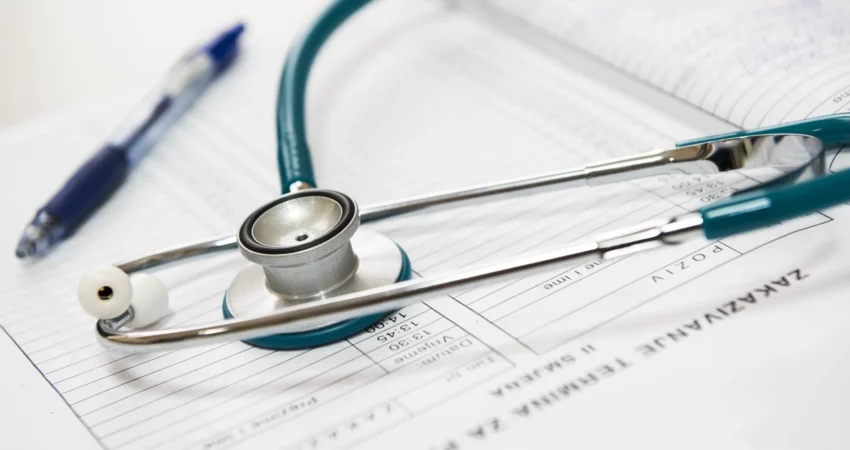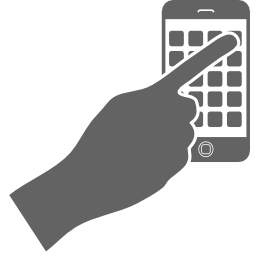
In the era of digital transformation, doctors and healthcare professionals no longer rely solely on patient logs and paper reports. The shift towards digitization and real-time medical data sharing has been propelled by the emergence of cutting-edge medical apps. Whether you’re considering developing a healthcare mobility solution or integrating existing software into your medical practice, this comprehensive guide covers everything related to mHealth and the top medical apps for doctors in 2024.
Understanding Medical Apps
Medical apps, compatible with smart devices like mobile phones and tablets, act as bridges connecting doctors and patients. These applications, collectively known as mHealth or mobile health, facilitate healthcare services through software installed on mobile devices. They empower doctors, nurses, and patients with tools for efficient health monitoring, streamlined clinical processes, and remote connectivity.
Evolution of Medical Apps
Since the development of the first voice recognition prototype for medical assistants in 1982, medical apps and solutions for hospitals and clinics have evolved significantly. Today, a myriad of mHealth applications caters to diverse healthcare needs, ranging from telemedicine and healthcare management to patient care. The demand for mHealth app development reflects the growth and innovation in this sector.
Exploring Top Categories of mHealth
Medical apps are now categorized based on specific purposes, catering to various aspects of healthcare. Some notable categories include:
- Diagnosis Apps: Epocrates, PEPID
- Medical Reference Apps: Visual DX, OB/GYN Made Easy
- Medical Journal Apps: Case, Read
- Clinical Decision Helper Apps: MDCalc, AO Surgery Reference
- Social Networking Apps (for doctors): Doximity
- Medical News Apps: UpToDate, Medscape News
- Productivity Apps: Evernote, Care360
- Remote Monitoring Apps: Allscripts Remote+, Epic haiku
- Doctor On-Demand Apps: Dectar, Doctor On Demand
While the last category, Doctor On-Demand Apps, primarily serves patients, its significance cannot be overstated.
1. Epocrates App
Epocrates stands as a subscription-based Clinical Decision Support Tool (CDST) integrating various features into a mobile healthcare application. With features like offline functionality, text-based connectivity for doctors, and a plethora of medical resources, Epocrates is a valuable tool for healthcare professionals. The free version offers essential features, while the advanced version, Epocrates Essentials, provides additional benefits like Lab References and ICD-9 &10.
2. Visual DX App
Visual DX serves as a diagnostic tool leveraging a library of over 32,000 digital images representing different diseases. This app aids medical professionals in accurate diagnostics, particularly in specialties such as dermatology, pathology, radiology, emergency medicine, oral medicine, infectious disease, and ophthalmology. Visual DX has significantly increased diagnostic accuracy, claiming a 120% improvement for medical professionals globally.
3. Doximity App
Developed by the founders of Epocrates, Doximity is a private networking platform exclusively for physicians and surgeons. Offering filters for searching doctors based on specialty, location, clinical interests, and more, Doximity enables secure communication, including faxes and encrypted messages meeting HIPAA requirements. Additionally, it facilitates job searches, salary comparisons, and connects doctors with leading hospital employers.
4. Medscape News App
More than just a news app, Medscape keeps doctors, physicians, and surgeons updated with the latest medical information, news, and findings. Offering features like drug information lookup, disease symptom checking, medication identification, news reports, guidelines, prescriptions information, and pill identification tools, Medscape serves as a comprehensive glossary for medical professionals.
5. PEPID App
PEPID stands out as a clinical reference and decision support tool available in over 150 countries. With access to more than 3,000 disease profiles, high-definition radiographic images, and a comprehensive drug database, PEPID aids doctors in diagnosing and treating patients accurately. The app is user-friendly, functioning without internet access, and allows practitioners to earn Continuing Medical Education Credits while treating patients.
In the ever-evolving landscape of healthcare, these medical apps play a pivotal role in enhancing efficiency, accuracy, and connectivity for doctors and healthcare professionals. Whether for diagnosis, reference, networking, news, or clinical support, these apps contribute to the continual advancement of healthcare services.






